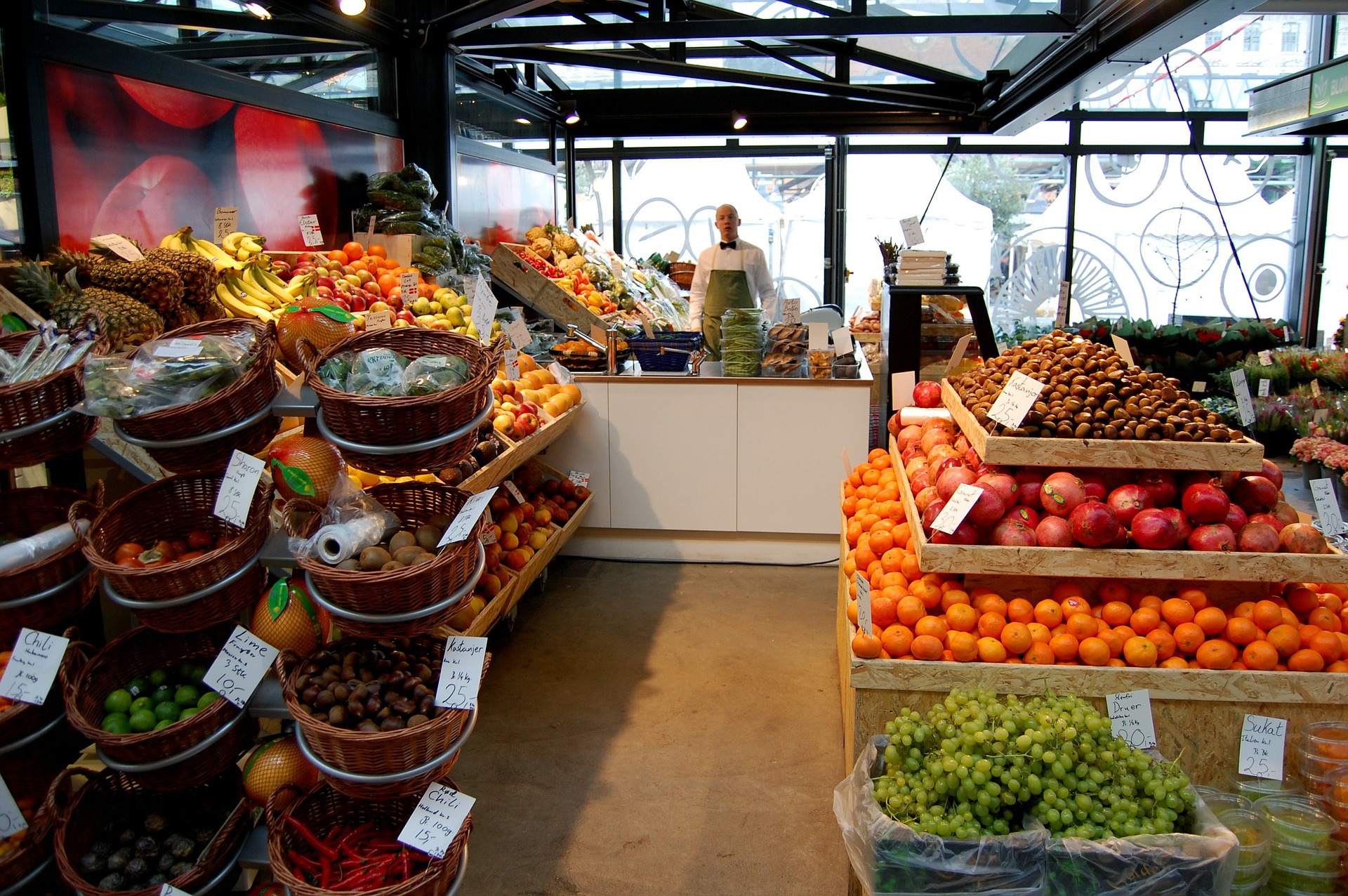
When it comes to EFNEP PSE,
You're Already Doing It.
Policy, system, and environmental changes are key to EFNEP’s role in collaborative, community settings. In EFNEP, PSE work is typically done by the EFNEP supervisor, and builds on direct education efforts provided by paraprofessional nutrition educators. PSE efforts involve others – other agencies, other contributors to the positive outcomes and impacts. All contributing collaborators take credit for their part in the overall change. This web site is designed to help EFNEP professionals recognize and highlight those changes.

The Social-Ecological Model
The Social-Ecological Model can help health professionals understand how layers of influence intersect to shape a person’s food and physical activity choices. The model below shows how various factors influence food and beverage intake, physical activity patterns, and ultimately health outcomes.
Individual Factors
Individual factors are those that are unique to the individual, such as age, sex, socioeconomic status, race/ethnicity, the presence of a disability, as well as other influences, such as physical health, knowledge and skills, and personal preferences. Education to improve individual food and physical activity choices can be delivered by a wide variety of nutrition and physical activity professionals working alone or in multidisciplinary teams. Resources based on systematic reviews of scientific evidence, such as the Dietary Guidelines and the Physical Activity Guidelines for Americans, provide the foundation for nutrition and public health professionals to develop programs and materials that can help individuals enhance their knowledge, attitudes, and motivation to make healthy choices.
All food and beverage choices are part of an individual’s eating pattern. Professionals can work with individuals in a variety of settings to adapt their choices to develop a healthy eating pattern tailored to accommodate physical health, cultural, ethnic, traditional, and personal preferences, as well as personal food budgets, and other issues of accessibility. Eating patterns tailored to the individual are more likely to be motivating, accepted, and maintained over time, thereby having the potential to lead to meaningful shifts in dietary intake, and consequently, improved health.
Settings
Individuals make choices in a variety of settings, both at home and away from home. Away-from-home settings include early care and education programs (e.g., child care, preschool), schools, worksites, community centers, food retail, and food service establishments. These organizational settings determine what foods are offered and what opportunities for physical activity are provided. Strategies to align with the Dietary Guidelines that are implemented in these settings can influence individual choices and have the potential for broader population-level impact if they are integrated with strategies by multiple sectors. In combination, sectors, and settings can influence social norms and values.
Sectors
Sectors include systems (e.g., governments, education, health care, and transportation), organizations (e.g., public health, community, and advocacy), and businesses and industries (e.g., planning and development, agriculture, food and beverage, retail, entertainment, marketing, and media). These sectors all have an important role in helping individuals make healthy choices because they either influence the degree to which people have access to healthy food and/or opportunities to be physically active, or they influence social norms and values. Positive influences on social norms and values can occur through effective health promotion and marketing strategies.
Professionals in these sectors have many opportunities to identify and develop strategies that help individuals align their choices with the Dietary Guidelines. Strategies could include supporting policy and/or program changes, fostering coalitions and networks, developing or modifying products and menus, and/or creating opportunities to be physically active. To ensure widespread adoption of these sectoral efforts, complementary efforts can include training, education, and/or motivational strategies.
Social and Culture Norms and Values
Social and cultural norms are rules that govern thoughts, beliefs, and behaviors. They are shared assumptions of appropriate behaviors, based on the values of a society, and are reflected in everything from laws to personal expectations. With regard to nutrition and physical activity, examples of norms include preferences for certain types of foods, attitudes about acceptable ranges of body weight, and values placed on physical activity and health. Because norms and values are prevalent within a community or setting, changing them can be difficult. However, changes to sectors and settings—as previously discussed—can have a powerful effect on social and cultural norms and values over time and can align with the Dietary Guidelines.




See a PSE you're already active in?

School: Environmental Improvements
Project Objective: This PSE is classified as a setting. A district replaced old water fountains with new fountains and bottle refill stations in all four schools, impacting about 2,200 students. EFNEP personnel partnered with a gym teacher to provide a “rethink your drink” lesson. The team also created a bulletin board with student pledges to drink more water. Water balls were distributed to each student to promote water consumption.
An elementary school in the district redesigned their cafeteria serving about 430 students to encourage students to eat more fruits and vegetables. The school mascot is a Trojan, and they designed a Trojan head to display made from strawberry, melon, and asparagus pictures. They also created a Trojan horse poster made from carrots, broccoli and asparagus. The students returned from spring break excited to see the newly designed cafeteria.
Adoption
The school has decided to start promoting water consumption, and would like to install water refill stations if funding can be sourced. They began by hanging up posters by existing water fountains to promote water consumption as they wait for them to be installed. There is a plan to start making environmental improvements to the cafeteria.
Implementation
The cafeteria signs have been designed and will be installed soon. A grant was written and received for water refill stations, and there is a plan to install these.
Maintenence
The school has a policy to continue displaying these lunchroom decorations each year and signs to promote water consumption will stay in place. Water refill stations will be fixed if needed.
School: Community Garden
Helpful Links
Documents and PDFs

Food Pantry Partnerships
This PSE is classified as a setting. In New Hampshire, EFNEP led efforts with two food pantries to assess practices and improve foods offered. Some of the pantry participants have been served by EFNEP programs. Pantries were assessed and opportunities to improve the environment were identified. Staff showed ways to encourage clients to choose healthier foods. Some methods included client choice pantries, shelf talkers for healthier items, making produce options more visible, and providing recipes using common pantry foods.
In one pantry, EFNEP staff worked to increase the variety of fresh and canned fruits and vegetables, protein foods, low sodium canned foods, and low-fat dairy products. These changes impacted an average of 245 patrons who visit the pantry each month.
Another pantry increased the quality of fresh produce, the variety of frozen fruits, vegetables, and protein foods. They also increased signs in the pantry noting fruits and vegetables. An average of 400 patrons visit this pantry each month. These efforts are ongoing and New Hampshire EFNEP is partnering with additional pantries.
Adoption
A pantry has signed an memorandum of understanding to work with a policy, systems, and environmental change program. They have started by displaying posters of fruits and vegetables in the pantry.
Implementation
The pantry plans to implement a series of environmental changes and look into sourcing more fruits and vegetables. They have started providing fresh fruits each week.
Maintenance
There is a funding plan in place to continue sourcing a wider variety of healthy foods. A variety of environmental changes are in place and there policies to maintain them.
Helpful Links
Documents and PDFs

Food Retail Improvements
This PSE is classified as a setting. A city in Oklahoma passed a resolution to create a Healthy Food Retail Taskforce in January 2017. The EFNEP Area Coordinator served as chair of this 13 member task force, with an Extension Nutrition Education Assistant also participating. Surveys were conducted with city residents and retailers to identify community needs and barriers to food security. The city was provided with recommendations including adjusting city transit routes for grocery access, expanding community gardens, promoting health information through the local cable station, providing cooking instruction and gardening information, promoting and supporting food pantries, and ensure zoning ordinances do not hinder healthy food stores. EFNEP members helped identify local food resources and two brochures were developed to locate food assistance and transportation for food which were distributed to community members. After community gardens were identified as one important food resource, the EFNEP Area Coordinator invited community garden organizations and Extension personnel to monthly community gardener meetings, which led to Extension creating a survey for the upcoming garden season. MyPlate.gov video clips and information about community gardens were provided to a local television station and run regularly. The task force is continuing these efforts and exploring ways to continue with community engagement.
Adoption
The Healthy Retail Taskforce was founded and began to assess community needs.
Implementation
Assessment needs were identified some were implemented. This included creating brochures for food assistance and linking community garden organizations. Local television ads run regularly.
Maintenance
Plans are in place to maintain all changes. The task force continues to explore new opportunities for change.

Faith-Based
This PSE is classified as a setting. The Live Well Faith Communities (LWFC) coalition was established through Extension at Auburn University in partnership with SNAP-ED, EFNEP, Alabama Preventing and Reducing Obesity: Helping to Engage Alabamians for Long-term Health (ALProHealth), and the Diet and Health Program. LWFC works to increase the number of faith communities promoting and supporting healthy eating and physical activity. This also improves faith community member behaviors related to planning, shopping and preparation practices, fruit and vegetable consumption, water consumption, and regular physical activity participation. A total of 16 Extension personnel, including three EFNEP Educators, teamed with 14 faith communities in 8 Alabama counties, including 3 EFNEP counties to implement LWFC. The three EFNEP Educators provided direct education by teaching curriculum lessons and demonstrating recipes. The combined efforts of Extension personnel provided a total of 72 nutrition and physical activity education classes and 737 food demonstrations. Extension personnel supported faith communities in implementing policies, systems, environments and practices promoting healthy eating and physically active lifestyles. A variety of faith communities adopted guidelines for healthy options during meals and snacks. Three adopted guidelines requiring vegetables and two adopted guidelines requiring fruits to be served. Two adopted guidelines for non-fried foods, and one adopted guidelines for low sugar or no sugar added offerings. One launched an onsite garden. Physical activity was promoted with aerobics classes in one community and other physical activity opportunities at meetings and functions in another organization.
Adoption
Faith-based communities have agreed to work with a nutrition education and policy, systems, and environmental change program. One community has encouraged patrons to bring healthier options to potlucks.
Implementation
Faith-based communities have adopted formal policies for potlucks and snacks. Some sites envision planning a garden and are sourcing resources to make this possible.
Maintenance
Some sites have established gardens and have volunteers in place to continue this effort. There are long term plans to continue examining policies through a health committee yearly at each church. Communities are surveyed formally or informally each year to identify priorities for improving health.

Non-Profit Partnership
This PSE is classified as a sector. An educator and extension agent in Mississippi partnered with a non-profit which works in collaboration with community organizations to improve quality of life by addressing education, economic development, and recreation. This community faced many challenges, including lack of public playgrounds for youth, a county hospital closing, and closing of the only local grocery store. The extension agent and educator collaborated with a number of organizations to provide nutrition education and recruited for EFNEP series. A food pantry was enhanced by providing cooking demonstrations with ingredients at the food bank. Food access was improved by helping the food pantry select healthier foods. Physical activity was promoted by the development of a playground, ballpark, walking trail, and a local fitness center was reopened. Efforts are underway to recruit a company to open a local grocery store.
Adoption
EFNEP personnel have a formal partnership with a non-profit. They began conducting cooking demonstrations at a food bank. They plan to make changes at additional locations.
Implementation
Plans are in place to start evaluating community spaces for improved parks and public areas. The food pantry is sourcing healthier foods. Nutrition education is occurring.
Maintenance
Plans are in place to fund the building of public park renovation and maintain this long term. The food bank has formal policies to continue serving a variety of healthy foods to patrons. There is a formal partnership to provide nutrition education outreach with a variety of community sites.
Reporting is Easy
Reporting PSE in EFNEP is simple. For more info, take a look at our step-by-step guide. It highlights examples of PSE work in different settings to help you report with ease in your state.
Looking for Resources?
There are several good resources developed for learning more about policy, system, and environment (PSE) efforts in communities. We are providing a select few for your consideration – but many others are available if you would like to learn more!

 CDC Healthy Schools
CDC Healthy Schools Pictures of School Improvements
Pictures of School Improvements